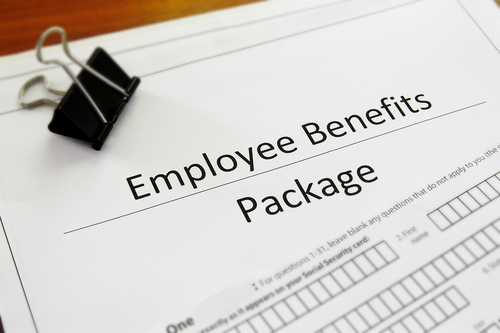 With the fight for great talent fiercer than ever, Tobin Murphy-Coles, CEO at Amba, offers his insight into the changing face of the UK workforce, and how businesses can adapt to meet changing employee expectations.
With the fight for great talent fiercer than ever, Tobin Murphy-Coles, CEO at Amba, offers his insight into the changing face of the UK workforce, and how businesses can adapt to meet changing employee expectations. The COVID-19 pandemic prompted many to re-evaluate their priorities, both in their work and home lives. For example, many are adopting more socially and environmentally conscious values and are treating this as a priority in both their personal and working lives.
In addition, many individuals are putting increasing emphasis on the importance of physical and mental wellbeing. This is reflected in their priorities when it comes to work. Whilst salary remains the most important workplace perk, workers are also seeking “soft” benefits to enhance their working lives. Employees want a healthy work/life balance and to be part of a supportive and inclusive team. They also expect to work for a company that has a positive impact on both its people and the planet.
This drastic shift has been accelerated by a new generation entering the world of work. Millennials and Gen Z now comprise more than half of the national workforce, and studies show these workers are more inclined to seek employers who share their values.
Undoubtedly, these changing priorities have contributed to the ‘Great Resignation’, which has seen millions of employees leave their roles to work for themselves, or for organisations they deem to be more likeminded.

Clearly, businesses must respond to employees’ shifting demands or risk losing out in the fight for talent. But how can this be achieved during an unprecedented time when resources are limited?
For large businesses, comprehensive ESG benefits schemes that offer employees a variety of ethical benefits, from wellbeing support to electric car subsidies and ethical pensions, provide an ideal opportunity to demonstrate a true commitment to both employee wellbeing and the protection of the planet.
However, smaller businesses must not let size or resource dissuade them from investing in the ESG schemes that we know employees value so highly. All organisations can and should be proactive if they are to attract new staff and retain valued team members.
Solutions like Lumina Perks, an online marketplace offering employees a range of discounts on a host of ethical, sustainable, or socially conscious brands, provides an ideal solution for organisations that don’t yet have the time or budget for a larger-scale benefits scheme. This type of digital solution is low-maintenance and affordable, yet offers employers an incredibly powerful tool to communicate a real commitment to the environment and social causes, as well as offering employees workplace benefits that they will truly value.
A demonstratable commitment to ESG issues is no longer considered a ‘nice to have’. Employees expect this from their employers, regardless of their size or maturity. Businesses that adapt quickly and adopt meaningful strategies to benefit both their people and the planet will succeed in onboarding, retaining, and cultivating a talented and driven workforce, even during the most challenging of times.
To find out more about how Amba supports HR decision makers and business owners to attract and retain the best possible people via its Lumina technology, visit www.lumina-uk.com
